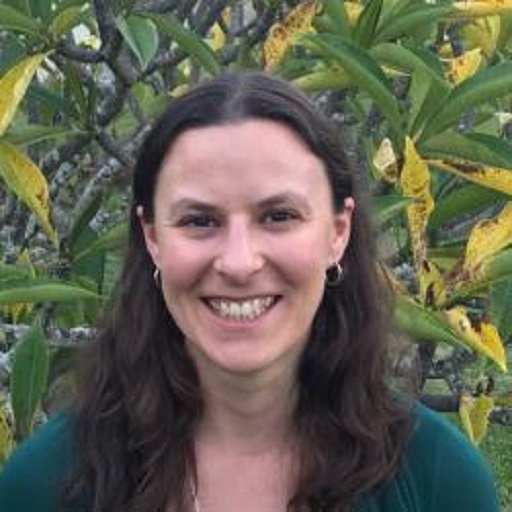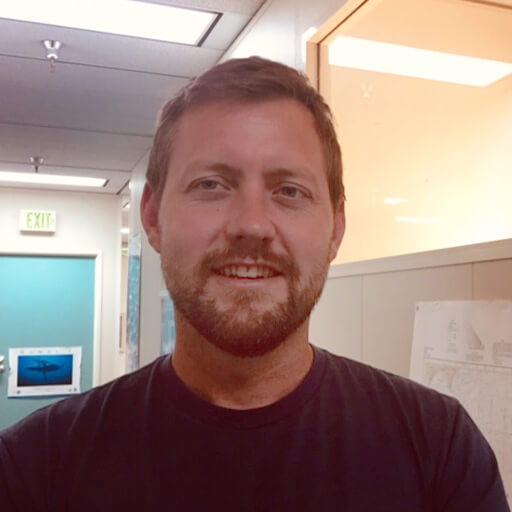In this seminar we will discuss our early attempts to incorporate climate forcing into food web models, ongoing efforts to explore the impacts of adopting different temperature-dependency assumptions in food web models, and our most recent efforts to incorporate additional forcing variables (oxygen, pH) and improve species-specific realism.
The seminar will close with a look ahead to future avenues for further engagement with researchers at CSIRO, IMAS, and across the ecosystem modeling community.
When: 23rd September, 11am-12 pm
If you are interested in attending online, please email [email protected] to receive WebEx details.
About the speakers

Phoebe Woodworth-Jefcoats is a research oceanographer at NOAA’s Pacific Islands Fisheries Science Center in Honolulu, Hawaiʻi. Her research interests include the ecosystem impacts of climate variability and change, size-based approaches to ecosystem analysis, and pelagic marine fisheries. She is particularly interested in the role temperature plays in structuring marine food webs, which led her to develop the therMizer extension of the mizer model. In addition to her scientific research, Phoebe coordinates the NOAA Fisheries Pacific Islands regional climate science action plan, including efforts to reduce NOAA’s operational carbon footprint.

Jon Reum is a research ecologist at NOAA’s Alaska Fisheries Science Center (based in Seattle) and a CMS member. Over the last several years he has worked on the development of size-based food web models for the Eastern Bering Sea as part of a larger effort to understand uncertainties and tradeoffs associated with different fisheries management strategies and project potential climate impacts. His interest in mizer led him to Hobart, and he keeps coming back. His other research interests include analysis of fish food habits and the application of different network modeling methods to represent socioecological systems.
